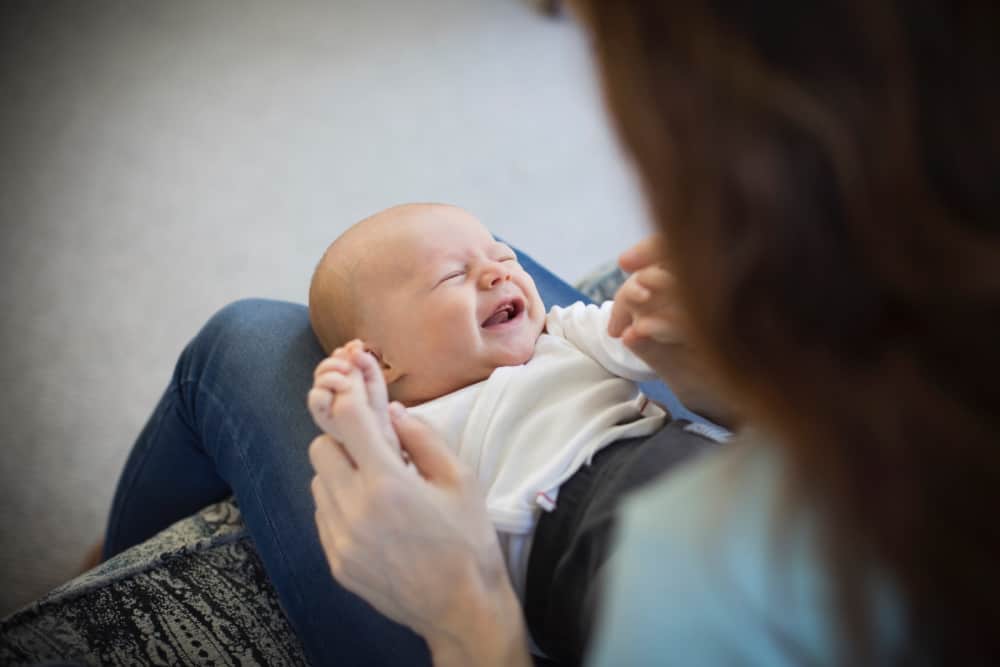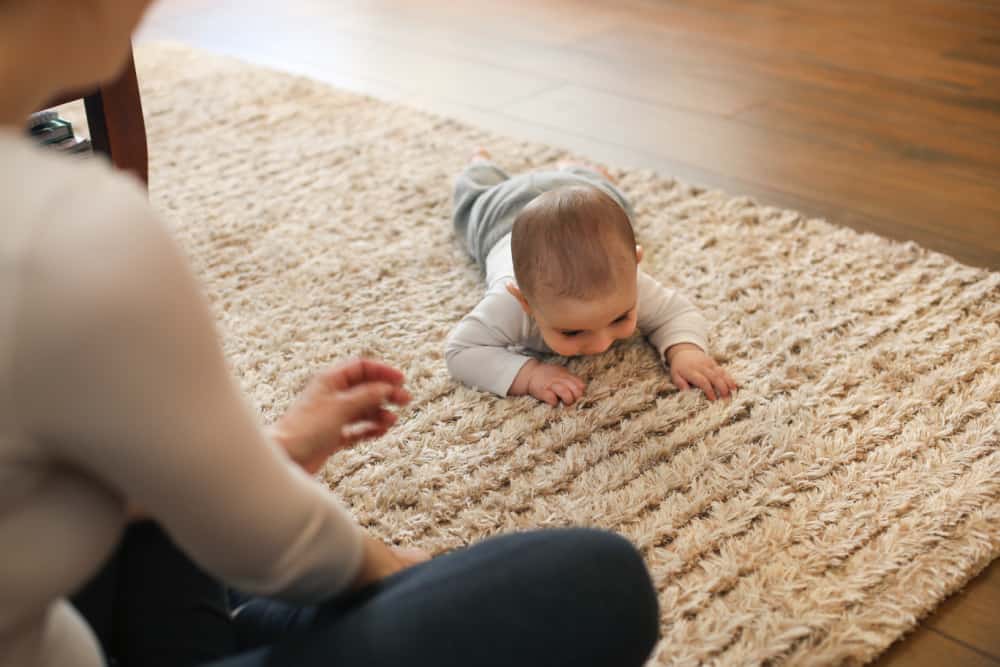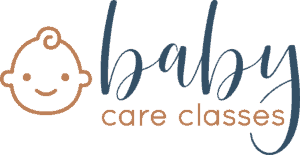RIE Parenting- Raising Independent Babies
What is RIE Parenting?
RIE is a parenting philosophy on raising independent babies. It’s pronounced like rye bread, but it’s actually an acronym for Resources for Infant Educarers.
I could go on all day about the history, the science, the studies behind where RIE came from and proving its place on the table…but because you’re probably scanning this at nap time , I’ll spare you the things you don’t know. [If you become interested and want to read more, I recommend the book Your Self Confident Baby, by Magna Gerber.] Instead, I’ll walk you through how to implement RIE into your parenting style, and explain WHY YOU WANT TO!
Okay, So What are the Elements of RIE Parenting?
Respect:
This is EVERYTHING when it comes to RIE. It’s the foundation of the entire thing. You treat babies like humans, and not objects. You act like they are capable. You believe in their ability. And you respect their space.
From day one when you go to pick them up you say, “I’m going to pick you up now.” Ideally you watch and wait for a response- likely eye contact or a body movement. When they give you the signal, you pick them up and continue to the next step. Diaper changes may take longer, because you are talking them through the process and inviting them to become active participants in their life, but it’s considered an experience, not just a chore to rush through.
Babies can learn to understand language from a very early age. So saying, “We’re going to grandma’s house!” to an 11 month old may elicit big grins if they have associated that word with a loving cuddly family member. In addition, that communication helps set your baby up for a stronger language foundation down the line.
Parents of multiple children are now laughing at me. Okay random internet lady- that’s fine if you’re a stay at home parent for one kid, but what about when everyone needs attention? I can’t be doing ten minute diaper changes! Maybe it isn’t sustainable all of the time, but when you give children undivided attention, they tend to ask for it in less desirable times. Meaning that if you practice RIE parenting with your toddler, they may be off playing independently while you are able to devote time to the baby.
Being Fully Engaged

In RIE, the caregivers are “on” 100% during caregiving tasks. Feeding, diapering, changing, bathing, naptime routine etc. If I’m feeding a baby a bottle I am making eye contact, singing songs, snuggling them close and engaging them in conversation. If I am bathing a baby we are going to touch all the body parts, count our toes, talk about the water temperature.
The beauty is that you aren’t expected to be 100% on all of the time. That’s unsustainable, and honestly, overwhelming for the baby. You fill them up with attention and love, and then send them off into the wide open nursery pasture.
Giving Space:

The caregivers are assumed to be present but not engaged at all other times unless the baby asks them. In a traditional RIE setting, the caregiver is quiet, attentive, available, but hands off. Sitting and waiting in the background, observing the infant or child. However, for parenting, I implement it a bit differently.
For example: When an infant you could fill up that baby with love and with milk, then lay the baby down on a play mat and walk away. Obviously stay within seeing and hearing range and monitor the baby for safety, but this is time for the parent to do the laundry, make a phone call, start to prepare a meal etc.
When the baby starts to fuss you can take your work to the baby. Sit down next to the baby but continue folding laundry. Listen and be available but don’t step in and disrupt the baby.
If the baby continues to fuss you can move closer to them and be engaged. That doesn’t mean picking up the baby. It doesn’t mean shaking toys to distract the baby. It means offering your presence and your face and maybe a smile and observe.
The baby may then start showing signs of tiredness. The baby may be scrunching up their legs like they have gas. They may have a stinky diaper. Or they may just be bored!
The parent can assess the situation and make an appropriate response.
Physical Component of RIE
This part can throw some parents off.
RIE recommends not putting babies into positions that they cannot get themselves into. [I highly recommend the article Don’t Stand me up by Janet Lansbury]. This means do not sit your baby up surrounded by pillows or put them in a bumbo chair until they are able to get themselves into that position. Do not put babies in a jumparoo or exersaucer before they are standing on their own.
I went to school for Occupational Therapy once upon a time and was surprised to find how much data supported this. Babies need to strengthen their core first and the only way to do that correctly is floor time. Back and belly moving around on their own. Yes, they get frustrated. But that frustration is motivation. If you sit them up or hold them every time they whimper there is a term for that…learned helplessness. [Doesn’t sound great does it?]
Children raised with RIE tend to sit crawl and walk earlier…and later on their quality of movement is noticeably different from their peers.
Yes Space
If you take anything from this way of parenting- take the yes space!
Even if you aren’t drinking the RIE kool-aid, All parenting styles can benefit from a yes space.
A yes space is someplace in your home where you don’t have to constantly say “no”. “Don’t touch that cord” “watch out for that corner” “don’t climb that sweetheart” and so on. Ideally you can swap a load of laundry, or be out of sight and know that your baby/toddler can be completely safe. Magna Gerber once said that the ideal yes space could keep your baby safely contained for 6 HOURS if the parent had an emergency.
A yes space can be a big pack n play, it can be a gated bedroom, or a designated gated off playroom or area of the living room. You need to think of ALL potential hazards. Pets, outlets, blinds, small toys of older children etc. With multiple children I recommend the yes space is safe for the youngest party involved, and the older children’s toys can be stored in their bedrooms or in pull out bins/containers that are stored outside of the yes space.
TOYS
RIE toys follow what you think of when you think of Waldorf or Montessori. Not busy. Not loud. No toys that play for your baby.
A common Montessori phrase is “Active toys make passive babies, passive toys make active babies.” If you give a baby a ball they will roll it, chase it, throw it- endlessly. If you give a baby a ball that rolls around and makes silly noises they will watch it, maybe chase it for a moment, but soon lose interest and wait for the next thing to come entertain them.
We love toys from lovevery. It’s great that they include guides on how to prompt your baby too! I’d consider them all RIE approved.
Is RIE Parenting for You?
Thankfully if you aren’t teaching in a RIE center then you don’t have to adapt to 100% of their beliefs. You can pick and choose what works best for you!
If you want a baby that can be happy and content, and then a toddler that feels confident in their abilities, RIE can be a great choice.
RIE Sleep Benefits
Babies that can be independent during the day end up being better SLEEPERS. Yes you heard that right. RIE combines so beautifully with the Eat Play Sleep, Three hour schedule that we recommend. If you listen to your baby when they wake in the night, observe them and respect their actual needs- you’re less likely to respond to every cough and whimper. Babies that are allowed to learn to sleep on their own do so within the first 3-4 months and don’t need to be sleep trained or CIO later in life! Win-win-win.

We are Kristin and Karina, founders of Baby Care Classes. As sleep Consultants, Newborn Care Specialists and overall baby gurus, we wanted to share our experience and knowledge with you to help you be successful in your parenting journey.
Kristin + Karina
FOUNDERS, BABY CARE CLASSES

Having a baby? Prepare with our comprehensive online baby care class!

Explore the Blog

